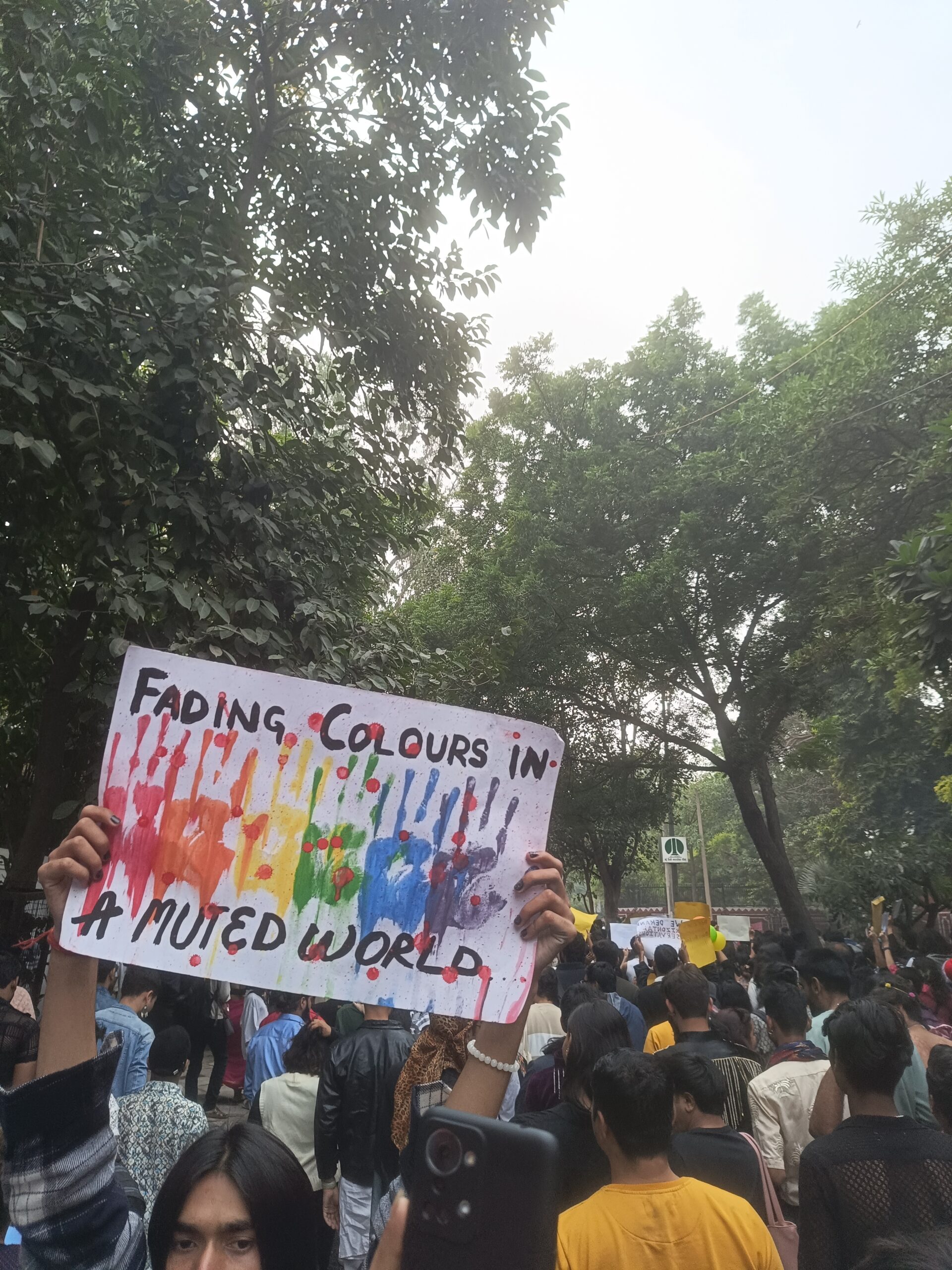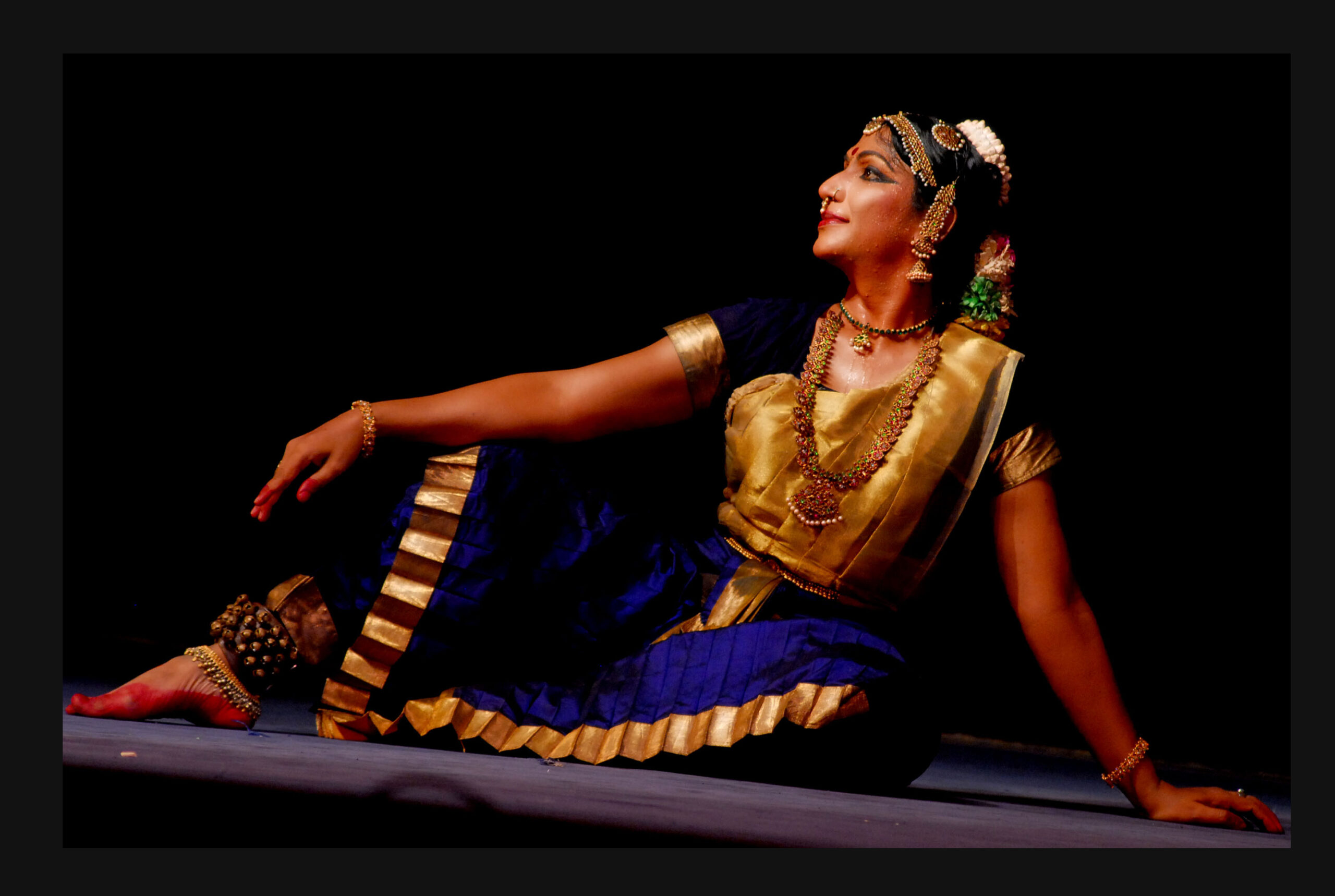On April 16, 2024, the Central Government announced its decision to constitute a six-member committee, as directed by the Supreme Court, to examine and recommend on various issues affecting the queer community in the country.
This major development comes months after the Supreme Court refused to grant legal recognition to same-sex marriages, and referred the decision regarding legislation on the same to Parliament. During the hearing, Solicitor General Tushar Mehta had assured the court that a committee chaired by the Cabinet Secretary would be constituted to set out the rights which will be available to queer couples in unions.
The Centre’s recent decision has invited a unanimous opinion from queer rights activists across the country that the community members should have proper representation in the committee.
Even while the LGBTQ+ community activists welcome the move as a major step in ensuring a fair ground for the community members in the country, they are very much concerned about the constitution of the committee and the persons who will have a seat at the table. They fear that if the committee fails to have proper representation from the LGBTQIA+ communities, then it will not serve its purpose.
“If the committee does not have representation from the LGBTQ+ communities, it will fail to understand the real issues faced by the community members. The committee needs to be inclusive, and it should have meaningful representation from all sections of the queer community, not just the most elite urban faces but also from remote corners of the country,” said Anagh, joint secretary of Disha, a Kerala-based organisation that works for the rights of queers, women and children, and a research scholar in Mahatma Gandhi University.
“If the committee wants to really bring in changes, then they have to come out with measures that are strong enough to counter centuries of patriarchal and casteist values that are a root cause of queer oppression in India,” Anagh said adding that they don’t want the committee to be just another politically-motivated group. ‘’We are seeing how LGBTQ+ people have faced severe backlash from religious fundamentalists in recent years. The committee should be totally independent of any political or religious associations while discussing and formulating measures for the welfare of the queer members in the country,” Anagh added.
A high-powered panel with a mandate
The Committee is headed by the Cabinet Secretary and comprises the Secretaries from the Ministry of Home Affairs; Ministry of Women and Child Development; Ministry of Health and Family Welfare; Ministry of Social Justice and Empowerment, and the Law Ministry. As per reports, the committee has been given the mandate to look into the issues faced by the queer community members and formulate measures to ensure that the members of the queer community do not face any threat of violence, harassment or coercion; not subjected to involuntary medical treatments, surgeries; and have modules to cover mental health of queer persons.
“We welcome the government’s decision, but the committee should have members representing trans people, queer women, lower caste and rural LGBTQ+ individuals,” said Sunil Menon C, Founder-Director of Sahodaran, one of the oldest and longest-running LGBT organizations in India working for the welfare of LGBT communities in the country. Sunil Menon said that if the committee could meaningfully find solutions to prevent the issues faced by LGBTQ+ communities then it would go a long way in providing a harmonious co-existent ecosystem for the community members.
“The committee should have representatives from transgender, gay, lesbian and bi-sexual as these communities have been fighting different types of oppressions and discrimination for decades,” Sunil Menon said adding that though southern states like Kerala, Tamil Nadu and Karnataka have made considerable progress to ensure welfare of the LGBTQ+ communities, the situation is still deplorable in other parts of the country.
Legal entitlements for queers
Though the five-judge Constitution Bench led by Chief Justice of India D Y Chandrachud declined to recognise the right to marry as a fundamental right for same-sex couples, in a minority opinion, CJI Chandrachud and Justice Sanjay Kishan Kaul ruled in favour of civil unionsto grant legal rights to same-sex couples. “For the right to have real meaning, the State must recognise a bouquet of entitlements which flow from an abiding relationship of this kind. A failure to recognise such entitlements would result in systemic discrimination against queer couples,” the minority opinion, authored by CJI Chandrachud, said.
So the newly-formed committee will discuss measures that can be taken to ensure that there is no discrimination in access to social welfare entitlements, and any other issues necessary. It will also examine what measures can be taken to ensure queer persons are not subjected to involuntary medical treatments and surgeries.
But the activists emphasise that the committee should represent diversity in gender, sexuality, caste, religion, ability status and region. “It should have LGBTQ + members belonging to different castes, geography and religion. The issues faced by community members vary from place to place and also on religious grounds. A few upper-caste, upper-class gay men or lesbians from metro cities will not be able to highlight the real issues faced by the multitude of India’s rainbow population. Also, the committee members should be totally apolitical,” added Anagh.
Some of the legal entitlements listed out by the SC are the right of queer partners to be treated as part of the same family for a ration card or opening a joint bank account, and the right to be considered “next of kin” by medical practitioners. The Supreme Court also mentioned legal consequences like succession rights, maintenance, financial benefits such as gratuity and family pension and insurance among others.
‘’Exclusion is the major issue’’
Transgender rights activist Kalki Subramaniam, who is also the Southern Representative in the National Council for Transgender Persons, said the committee should have proper representation from all the communities that include transgender, bisexual, lesbian and gay. “The exclusion faced by the community members in various spheres of social strata is a major issue in the country. The committee should give priority to finding means to integrate the community members into mainstream society by giving them equal opportunities in jobs and education. They should analyse the socio-economic condition of LGBTQ+ communities in detail and recommend measures to bring an impactful and positive change in the life of the community measures,” Kalki said adding that the community members continue to face a lot of discrimination, and it is imperative that the committee look into the areas where they face discrimination and address it.
While the Union Cabinet Secretary will be the Chairperson of the committee, it will also have the Secretary of the Ministry of Social Justice and Empowerment as Convener, and the other Secretaries as members. The committee has been given the mandate to co-opt experts and other officers if necessary.
Dr L Ramakrishnan of SAATHI says that the committee should reflect the pluralities within the queer community. “It should be able to look at the emotional issues faced by the LGBTQ+ community members. The medical health issues of the community should not be limited to physical health but emotional well-being also. The LGBTQ+ community members face several sexual and relationship challenges. The committee should discuss the relationship challenges faced by the community as a core issue while looking at the problems faced by the community members in the society,” Ramakrishnan said.
While the terms of reference for the committee announced on April 16 do not specifically mention recognition of queer couples or partnerships, it has been directed to take up any other related issues it may deem necessary.
Chilla Anil, a member of the Kerala Transgender Justice Board, said the committee should have the community members to provide a clear picture of the ground-level issues. “If the committee has to come out with measures that really need to bring in substantive change on the ground, it should mandatorily have members that could really apprise the real issues faced by the community members.”
The Timeline
- November 25, 2022: Two gay couples approach the Supreme Court, seeking recognition of same-sex marriage under the Special Marriage Act. Their petition urged that the Special Marriage Act be rendered gender neutral.
- December 14, 2022: With another same-sex couple involving a foreign national approaches the court seeking recognition of their marriage under the Foreign Marriage Act, the SC consolidates similar cases pending before various high courts and issues a notice to the Centre.
- March 13, 2023: The Centre files an affidavit opposing the same-sex marriages
- April 1, 2023: The Jamiat Ulama-I- Hind opposes the petitions.
- April 17, 2023: The Centre submits that recognition of marriage is essentially a legislative function which the courts should refrain from deciding.
- April 27, 2023: The Court asks the Centre whether the same-sex couples could be provided any social advantages even without legally recognizing their marital status.
- May 3, 2023: The Centre responds saying that it would constitute a committee to examine the administrative steps that could be taken for addressing the concerns of same-sex couples without going into the issue of legalising their marriage.
- October 10, 2023: The Supreme Court refuses to grant legal recognition for queer marriages in India saying that it is a matter for the legislature to decide. But the Court directs the Union Government to constitute a committee to examine the rights and entitlements of Queer persons.
- April 16, 2024: The Centre constitutes a six-member committee to examine and recommend on various issues affecting queer community.



